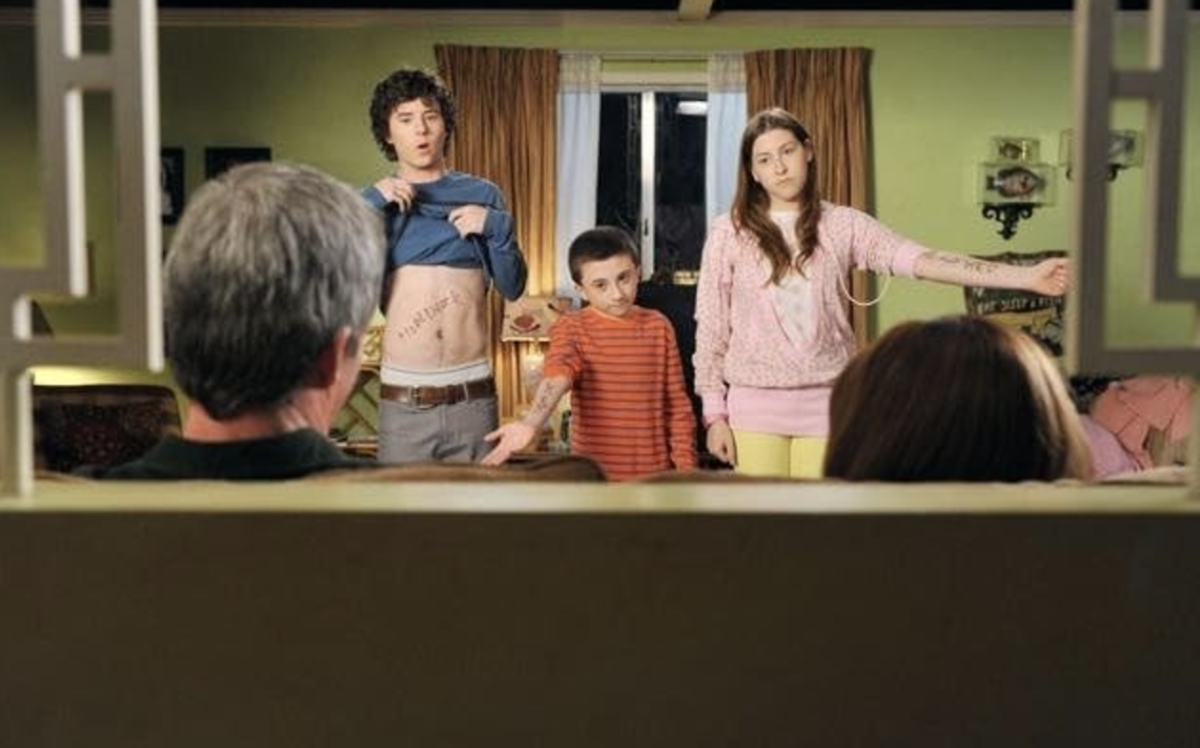
Steve and Nancy Carell recently debuted their new show, “Angie Tribeca,” a satirical response to the influx of television police series that seemingly all adhere to the same script. The premise is entertaining, pitting Angie Tribeca (Rashida Jones), an oblivious yet morally sound detective in the Los Angeles Police Department, against blatantly guilty criminals who often confess openly to the detective.
However, “Angie Tribeca” goes to a level of ridiculousness far beyond parody and lands in the realm of just, well, annoying. With repetitive and uniform humor and a lack of observance to the counterpart’s tone, it appears the show is not worth the buildup TBS gave it and fails as a satire because it does not change attitudes towards the material it mocks.
The show’s main style of humor is corny, having characters take colloquial aphorisms literally. The tactic would be successful if used in moderation, as the tacit goal is likely to underscore the poor writing found in mainstream detective shows. But because “Tribeca” uses this device incessantly, its comedic effect is diminished.
Take, for example, when Tribeca and her partner Jay Geils (Hayes MacArthur) are about to arrest a murder suspect. “You can’t pin this on me,” he shouts, as Tribeca attempts to place a red pin on his shirt with the word “murderer” on it. The scene is funny, but gets lost in a litany of similar jokes. And instead of receiving the reaction the writers desired, audiences feel awkward, especially considering that the edit is delayed after the characters react.
Sure, it’s possible the awkwardness is intended as a way to comment on how audiences may feel when watching weakly written shows. Though, if the show wanted to mimic this effect for comic purposes, it would have made more sense to devote most of the jokes towards outlining their counterparts’ weaknesses. Cop shows do not take aphorisms literally, so what’s the point of hammering that into the viewer? The only glimpse of “Angie Tribeca” spoofing the flaws of police series is when Angie fails in fighting off romantic feelings for her male partner.
The lack of variety among the characters’ senses of humor also detracts from the show. In everyday life, there is not uniformity with wit; sarcasm, irony and situational humor all hold unique value. Yet in “Tribeca” this social truth is bypassed. Every character embodies the same farcical obliviousness to the truth and literal interpretations of aphorisms, which essentially distracts viewers from appreciating the show’s strong premise and causes them to wonder if they’re watching some strange postmodernist Steve Carellian universe unfold.
Why is everyone so incompetent? Is “Angie Tribeca” satirizing police shows or actual police officers? Without any characters to vocalize assumed audience reactions, such as acknowledging the stupidity of Tribeca and her partner, and without a contrasting character who is not so bumbling, the show cannot be realistic. And if it cannot be realistic then it cannot accurately satirize shows that are produced to be realistic.
To clarify my point, recall “A Modest Proposal,” the satirical magnum opus by Jonathon Swift. His aim was to point out that the restraints England placed on Ireland in the 18th century destroyed the economy and left citizens in financial ruin. Obviously it was a serious issue and so in response, Swift matched the serious tone when writing. This initially drew in readers, and then once the writer had their attention, he offered outlandish solutions to the problem.
Successful parody should not be so far removed from the original that one is unable to compare the two. “Angie Tribeca” only features small instances that could directly compare to the police shows that the creators wish to mock. And when that is the case, the parody becomes just another comedy, meaning that fans of police dramas would not change their minds about the content they adore. “Angie Tribeca” comes off like a faint attempt to denigrate something popular.
Michael Agnello can be reached at [email protected].


















